Cantantibus organis
News
For Saint Cecilia – a concert in memory of the virtuoso organist Yanko Marinov
Sunday 16 November 2025 05:35
Sunday, 16 November 2025, 05:35
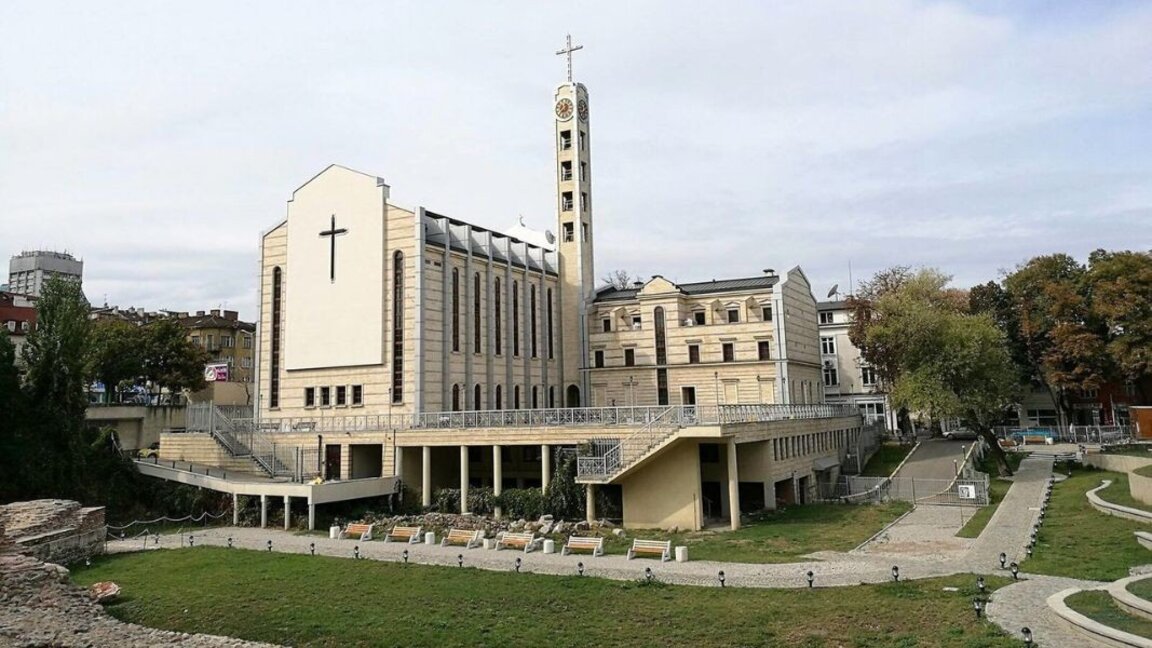
PHOTO Co-Cathedral of St Joseph
Font size
On 16 November 2025 at 7:30 p.m., the Catholic Cathedral of St Joseph in Sofia will host a Baroque concert in celebration of the feast of the patroness of church music, the Roman martyr Saint Cecilia. Cantantibus organis forms part of a series of events organised by the Concerto Antico Foundation in memory of Yanko Marinov (1975–2025), a virtuoso pianist, organist, and scholar of early music. The next concert in the series, The Warring Queens, is scheduled for the end of December.
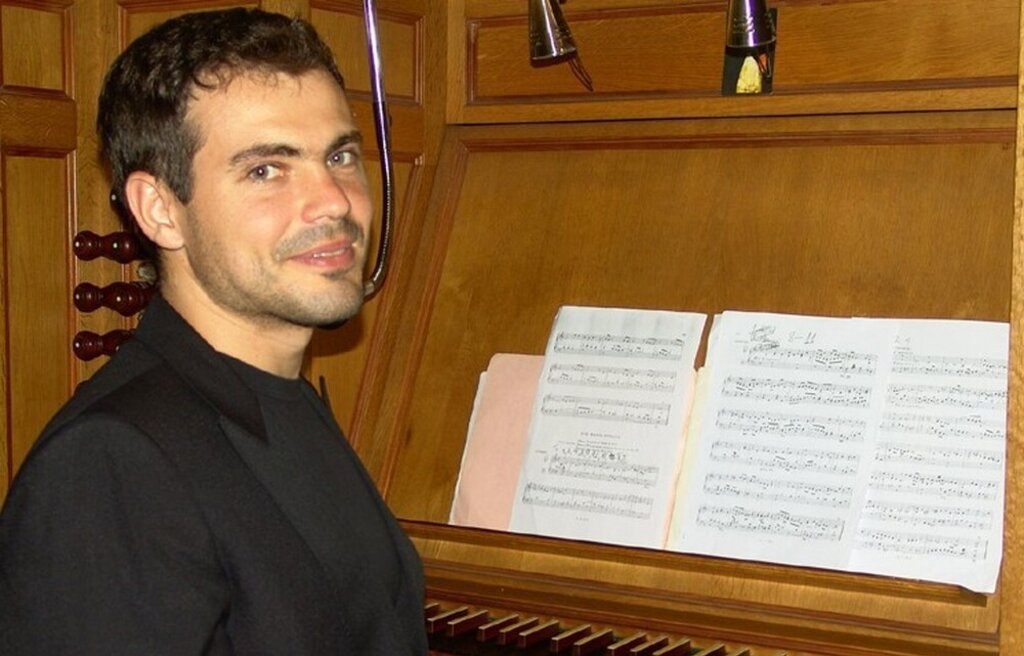
Янко Маринов
PHOTO личен архив
“This is the first concert we are holding without our dear friend and colleague Yanko Marinov,” reflects Stanislava Georgieva, organist, pianist, and long-time assistant to Marinov. “This tradition was established thanks to him within the Catholic Church. Our responsibility feels all the greater, for the audience has become discerning and holds high expectations.”
The programme, dedicated to the third-century saint, features works associated with her memory, celebrated annually on 22 November. In the sixteenth century, entire musical communities in Rome and London marked her feast and dedicated odes in her honour. A particularly remarkable legacy is a Mass composed collaboratively by seven composers.
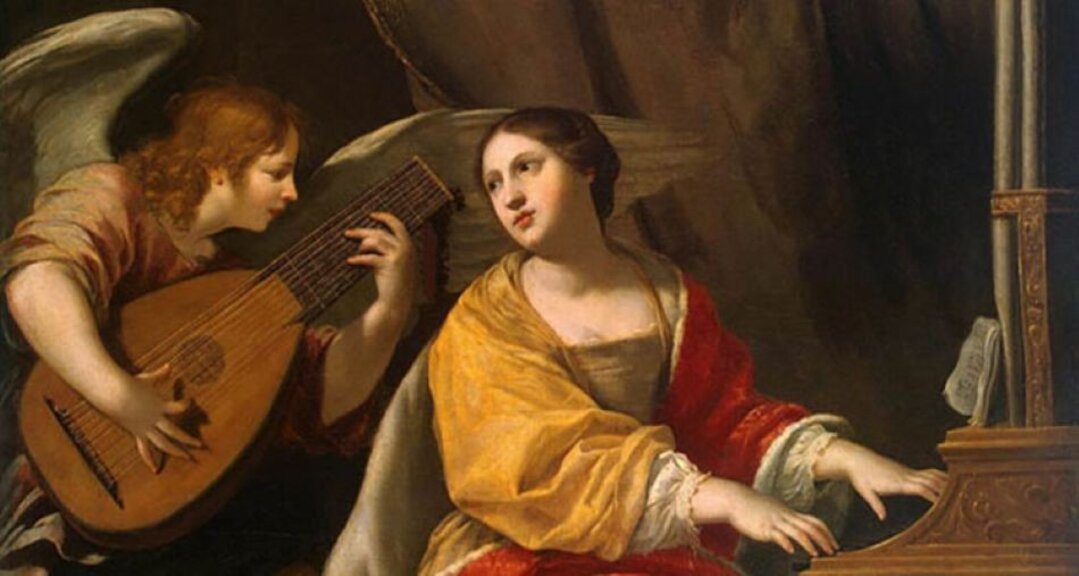
PHOTO bogonosci.bg
“There have been numerous studies exploring how Saint Cecilia came to be associated specifically with music,” explains Stanislava Georgieva, organist and long-time collaborator of Yanko Marinov. “She is celebrated as the patron saint of church music and musicians. The Passion of Saint Cecilia recounts her life and virtues in detail. On the day of her wedding, she prayed to God to preserve her heart and body in purity. She is said to have sung to God with all her heart, while the instruments played — cantantibus organis. Many composers have been inspired by this story, producing sacred works such as motets and complete Masses.”
One such motet, by Luca Marenzio, features in the concert programme. It is joined by works of Bach and Handel, including the Ode for St Cecilia’s Day, Cecilia, volgi un sguardo. Also included are pieces by the Baroque composers Henry Purcell, Dieterich Buxtehude, and Tarquinio Merula. The programme concludes with an aria from Julius Benedict’s cantata The Legend of St Cecilia. The performers are musicians who have collaborated with Yanko Marinov over the years: Stanislava Georgieva on harpsichord and organ; soprano Anastasiia Altukhova; bass Georgi Beykov; and a string ensemble comprising Ana Ivanova (violin), Katya Valeva (viola), Katerina Dacheva (viola), and Vesela Darvarova (cello).
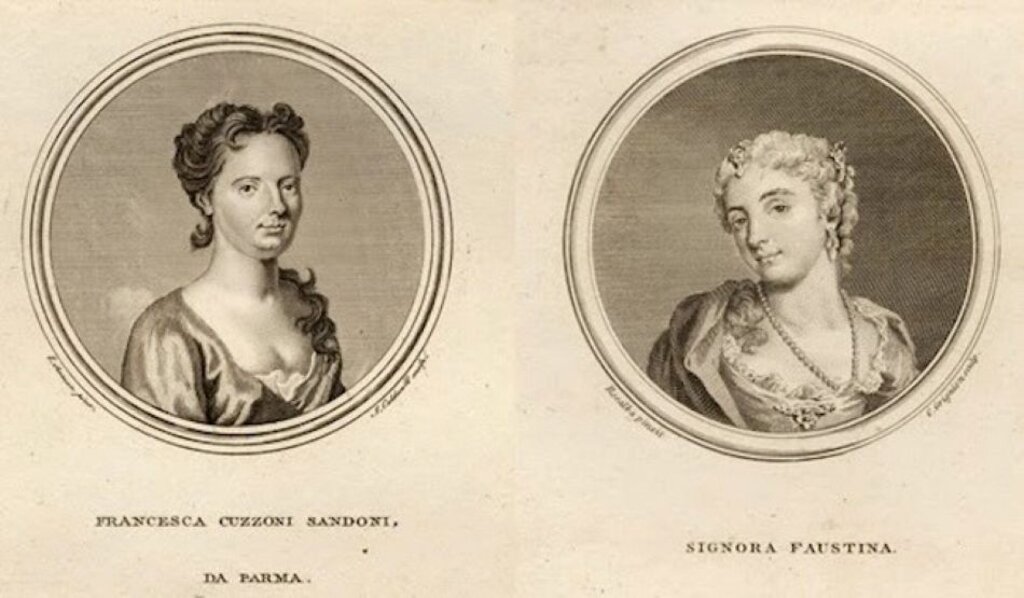
PHOTO operalibera.net
The next concert in the series, The Warring Queens, will be performed by nearly the same ensemble on 29 December at the Pancho Vladigerov State Academy of Music in Sofia, with the support of the Italian Cultural Institute. Yanko Marinov conceived the concept for this concert as part of a Baroque series.
“We present the creative rivalry between two operatic divas who sang at the beginning of the 18th century — Faustina Bordoni and Francesca Cuzzoni,” Stanislava Georgieva elaborates. “They were very different from one another. Composers, for example, preferred Cuzzoni’s soprano for lyrical arias, while Bordoni was a mezzo-soprano. On stage, they competed for the audience’s favour. The audiences of the time were deeply involved, and at one opera premiere, their passion sparked violent disturbances. Our concert programme includes pieces by Handel and Hasse linked to their biographies, as well as works by Porpora.”
The concerts are co-organised by the Concerto Antico Foundation, which was established in memory of Yanko Marinov. In addition to being an organist and pianist, Marinov pursued music palaeography, studied butterflies, participated in programmes to restore endangered species, and had a keen interest in microbiology.
“Several friends and I decided to set up the foundation to continue the work he started,” says its chair, Professor Georgi Vayssilov. “We hope this will enable us to carry out at least some of these initiatives in the future. Through Stanislava Georgieva, we will continue to explore his musical interests, and for his other pursuits, we will seek other opportunities.”
The foundation’s name, Concerto Antico, refers to the early music ensemble founded by Marinov in 2000. The ensemble has a flexible roster, but at its core is always Marinov, participating as an organist and harpsichordist and shaping its artistic vision.
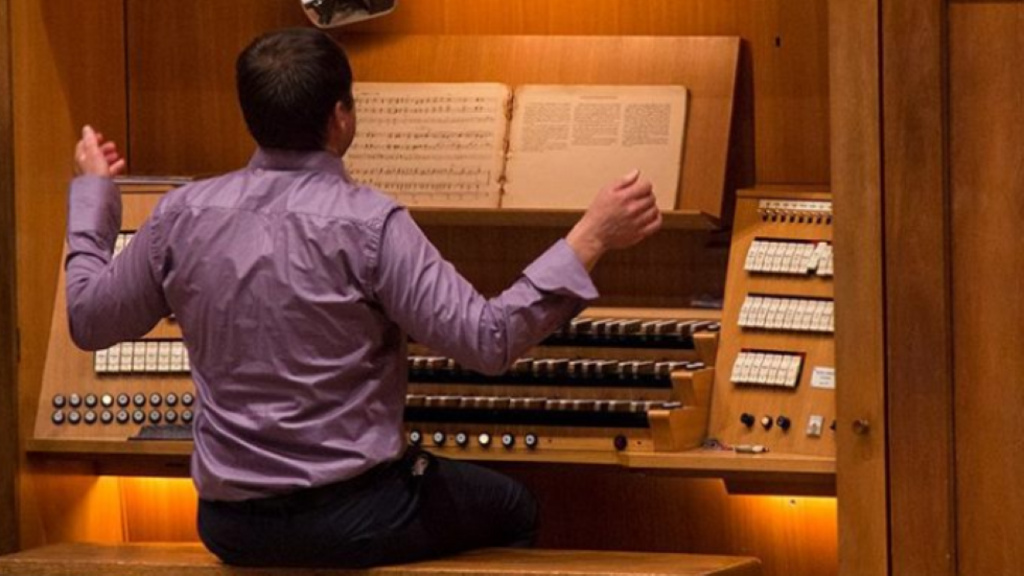
Янко Маринов
PHOTO Bulfoto
“We have known each other since our student years at the Academy, when we were in Professor Neva Krusteva’s class,” recalls Georgieva. “I can say that I learned an extraordinary amount from him in my own development as an organist. He was a person of truly vast potential, which he applied with remarkable focus to all his endeavours — research, performance, and organising various musical projects, whether for live performance or digitising musical manuscripts.
He pursued many profound investigations, some of which, as far as I know, date back to his time at music school and continued to deepen later on. He further developed the keyboard technique first introduced by Liszt, Busoni, and Alkan in his own way, achieving extraordinarily virtuosic performances of highly challenging works. We were privileged to be close to him and to attend all of these concerts, which were real events and truly phenomenal experiences.”
Editor: Elena KarkalanovaPosted in English by E. Radkova
Photos: Co-Cathedral of St Joseph, Personal Archive, Bogonosci.bg, BulFoto
This publication was created by: Р. Василева